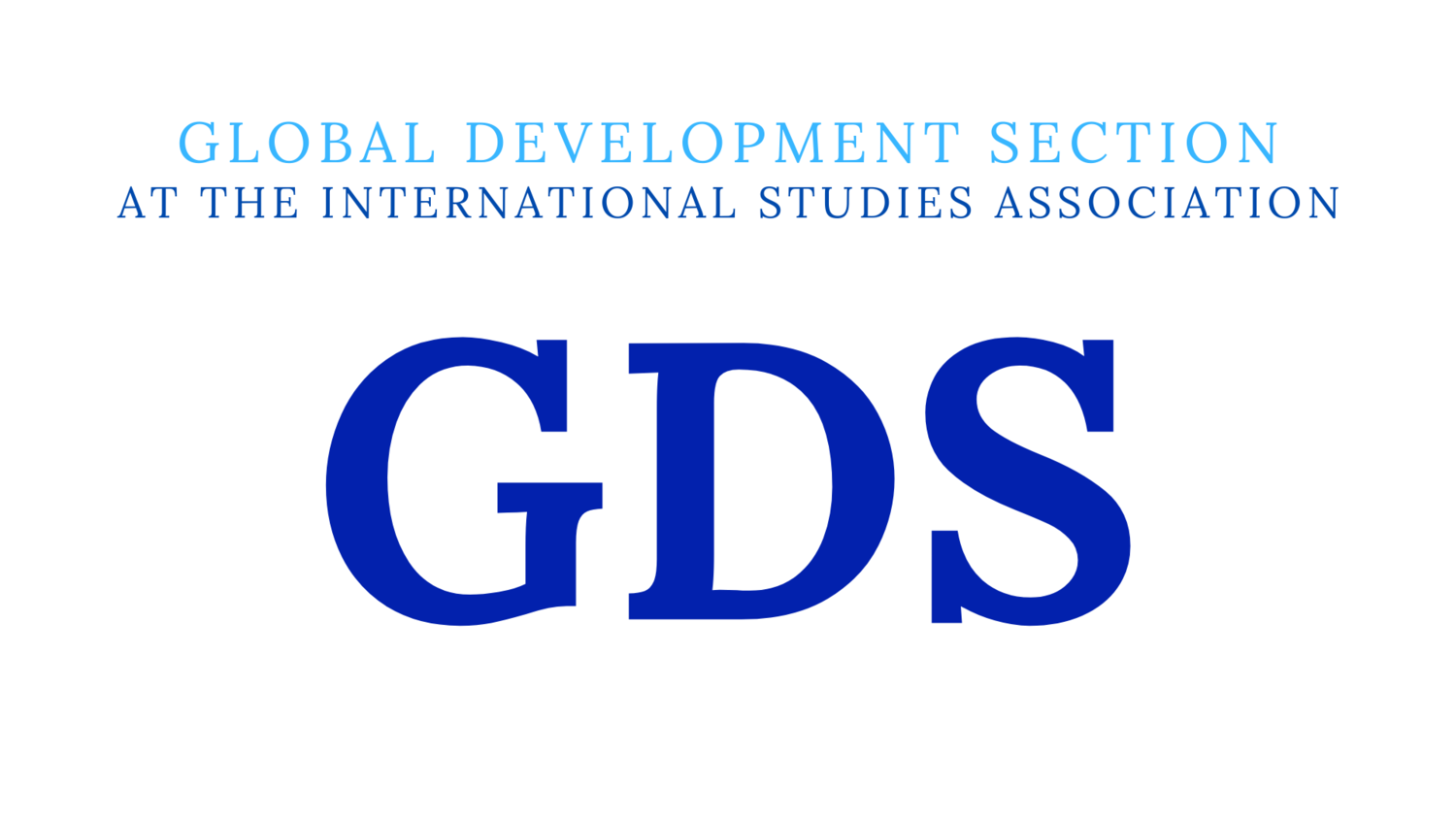Virtual Groundings
From The GDS Solidarity Committee
“Learning and Living in Solidarity: A Conversation with/from Hawai'i”
Dear GDS colleagues:
As some of you may (or may not) know, GDS had planned a series of solidarity and educational activities for the conference in Hawai’i. The idea being that as we are a section invested in the intersectional study of race, coloniality, gender, and capitalism, as well as modes, sites and practices of liberation, resistance and decolonisation, there was (and always is) a need to think and be ‘present’ with the indigenous activists and scholars of the place, itself. ‘Place’ and solidarity have very specific meanings in Hawai’i, and we thought it was important to build this into our own practices, learning and scholarship, if we were going to be there.
But of course, we didn’t get to be together in Hawai’i. Nor will we be meeting face to face in Las Vegas this year. Our conference will be a virtual one, and there will be a less connected, less social space in which to mobilise and organise together. But, this initial thinking about solidarity in Hawai’i has led to the development of a more permanent Solidarity Committee at GDS; and an opportunity to begin thinking about how solidarity is (or at least should be) a fundamental part of our collective praxis, particularly when we meet together in these large-scale annual conferences.
For this year, we are planning a more complex conversation that hopefully helps us contend with what it means to build solidarity that is ‘in place’ – the grounded, landed experience of being in a particular site – and also outside place, in the virtual (but still material), global operations of our online conference.
We have a few ideas in mind – one of which is to curate an online playlist (using the GDS YouTube channel - yes, we have a YouTube channel!) to share different events and activities of the past year that helps us think through solidarity at these multiple scales (in addition to material we had already collected on Hawaiian self-determination and sovereignty work).
In light this, we are inviting you all to send us links to any recorded activities, lectures, performances, etc. that you have been part of or found particularly meaningful during this time. We’d be happy to curate them as part of the playlist, along with a small summary of how it relates to the theme of solidarity.
We also want to bring Hawai’i (the place we didn’t get to go), Las Vegas (the place we are allegedly supposed to be in April) and the ‘virtual forum’ (the place we are forced to be) into conversation, to help us think through what solidarity might look like in and between these different ‘locations’. And so we also wanted to ask your help in identifying/reaching out to different communities and grassroots organisations working in/on these sites, including those resisting/dealing with issues of power, presence, erasure and censorship in/by online space (and how it enhances operations of power on the ground).
If you have any material you’d like to see curated as part of this project, leads on communities and grassroots organizations doing solidarity work in Hawai’i, Nevada, or in relation to virtual platforms, or are interested in helping to organize this project, please contact Sharri Plonski (s.plonski@qmul.ac.uk) and Isaac Kamola (ikamola@trincoll.edu)
In solidarity for a better world,
~Tuti Baker, Sharri Plonski, Olivia Rutazibwa, and Isaac Kamola ~
GDS Solidarity Committee
This event took place on March 25th 2021 as a part of an ongoing dialogue on the meanings of solidarity and to carry forward what we planned from 2020.
The dialogue is with Dr. Noelani Goodyear-Kaʻōpua, Dr. Kyle Kajihiro, Dr. Cynthia Franklin, Dr. Candace Fujikane, and Dr. Mary Tuti Baker.
This recording is available via our YouTube channel with the help of Dr. Rohan Kalyan.
Please click here to go to the channel!
Here are short biographies of each of the speakers from the event:
Noelani Goodyear-Kaʻōpua is a Kanaka Maoli educator, writer and activist who is driven by a life-long commitment to aloha ʻāina. She is a professor of political science at the University of Hawaiʻi at Mānoa where she teaches Native Hawaiian and Indigenous politics. Noelani’s research has involved documenting, analyzing and proliferating the ways people are transforming imperial and settler colonial relations through Indigenous political values and initiatives.
Candace Fujikane is a Professor in the English Department. She has just published Mapping Abundance for a Planetary Future: Kanaka Maoli and critical settler cartographies in Hawaii. She also co-edited Asian Settler Colonialism From Local Governance to Habits of Everyday Life in Hawai’i.
Cynthia Franklin is professor of English at the University of Hawai‘i and coeditor of Biography. Her current book project, "The Human in Crisis: Narrating Public Lives and Movement Politics in the Contemporary US" draws upon her solidarity work in struggles for freedom in Palestine (as a white, anti-Zionist American) and in Hawai‘i (as a settler ally). She is on the Organizing Collective for the US campaign for the Academic and Cultural Boycott of Israel (USACBI) and a cofounding member of Students and Faculty for Justice in Palestine at UH (SFJP@UH).
Kyle Kajihiro is a lecturer in Ethnic Studies and Geography and Environment at the University of Hawaiʻi at Mānoa (UHM), where he earned his M.A. and Ph.D. in Geography. From 1996 to 2011 he was the program director for the American Friends Service Committee Hawaiʻi Area Program, where his work included research, organizing, and action related to environmental justice, Kanaka ʻŌiwi sovereignty, countering negative military impacts in Hawaiʻi, and forging solidarity with international peace and social justice groups and social movements.

